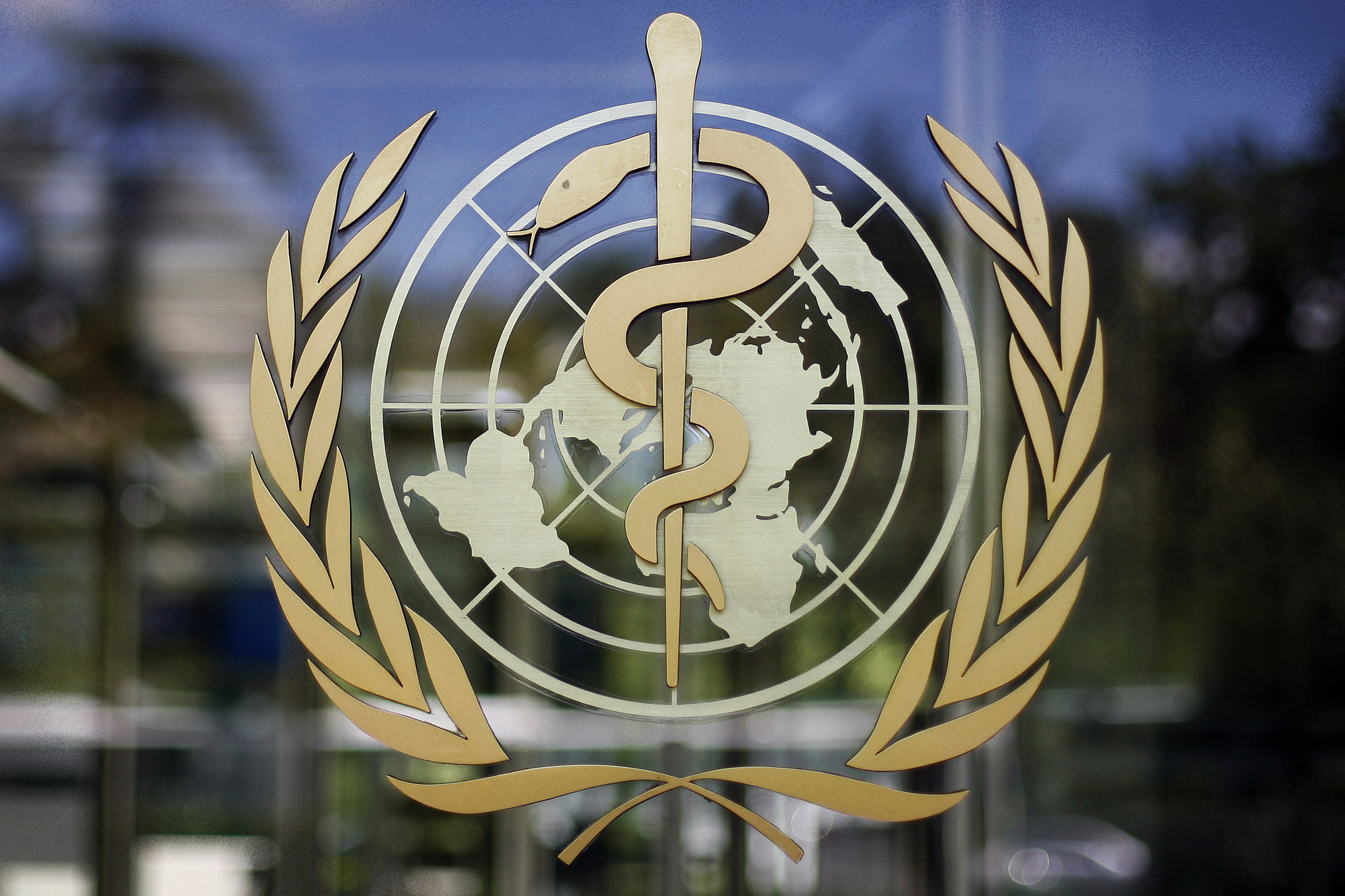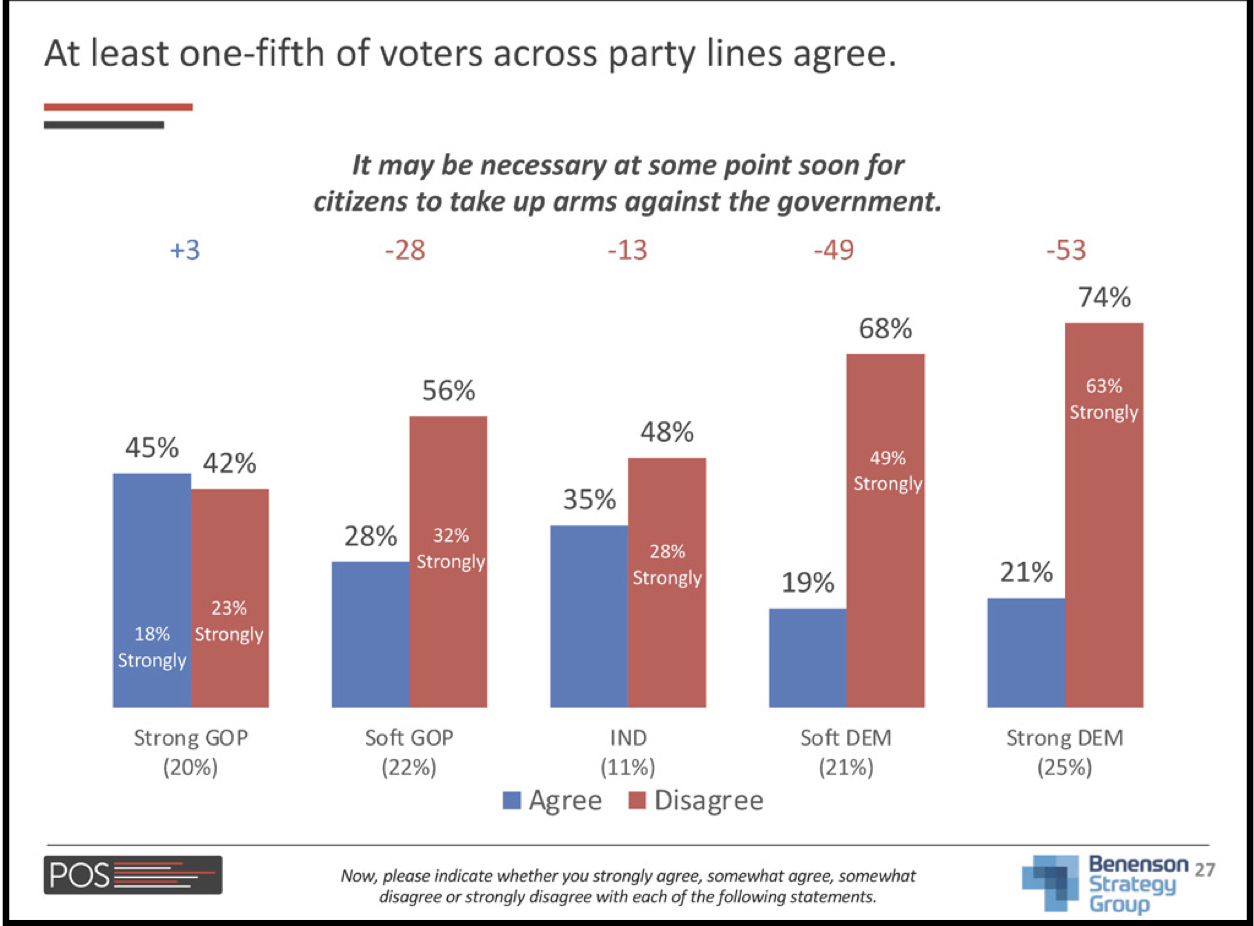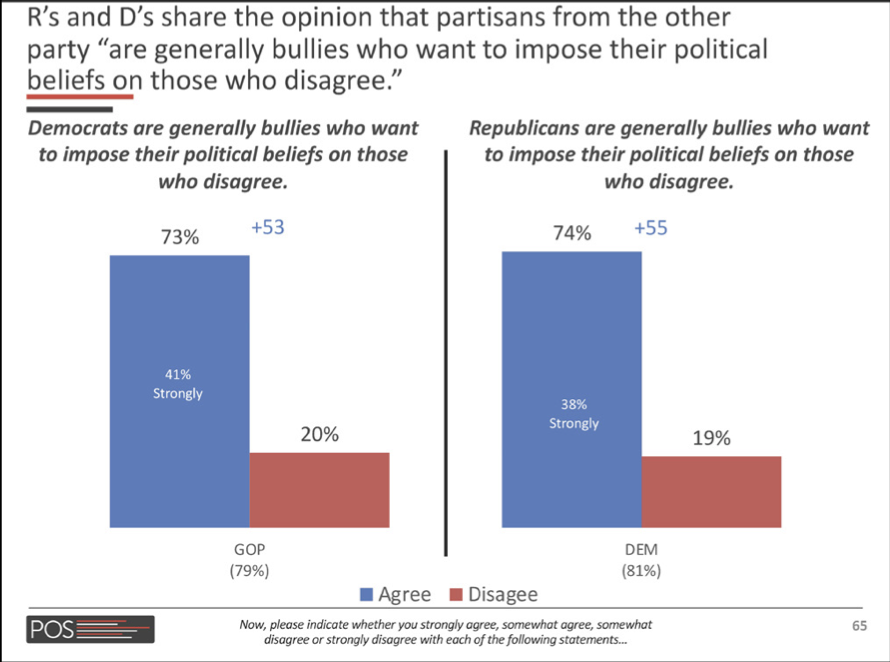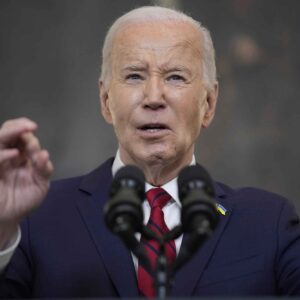49% of Americans agree that they feel “more and more like a stranger in my own country.”
69% of Republicans and 65% of conservatives agreed with 38% of Democrats agreeing.
The division in our country continues to worsen and Americans are really getting sick of it.
When you turn on the news and all you hear is the left blaming the right, and the right blaming the left, how could we be surprised?
Cities, workplaces, universities, and everything in between have been discriminating against the unvaccinated since the pandemic.
Our leaders preach division, not unity.
Global Mental Health Crisis
America and nations worldwide are suffering from a mental health crisis, but our politicians think it’s not really a priority.
Only a small % of people in need of help had access to effective, affordable, and quality mental health treatment before the pandemic.
Nearly one billion people around the globe are suffering from some form of mental disorder, according to latest UN data – a staggering figure that is even more worrying, if you consider that it includes around one in seven teenagers.
To make matters worse, in the first year of the COVID-19 pandemic, rates of common conditions such as depression and anxiety, went up by more than 25 percent, the UN health agency (WHO) reported on Friday.
This was the WHO’s largest review of mental health.
The World Health Organization has urged more countries to provide assistance with the worsening mental health conditions.

More than 70% of those suffering from psychosis around the globe do not get the help they need, said the UN agency.
And although high-income countries offer “minimally adequate” treatment for depression in 23 percent of cases, this drops to just 3% in low and lower-middle-income countries.
“We need to transform our attitudes, actions and approaches to promote and protect mental health, and to provide and care for those in need,” said WHO’s Tedros. “We can and should do this by transforming the environments that influence our mental health and by developing community-based mental health services capable of achieving universal health coverage for mental health.”





















Add comment